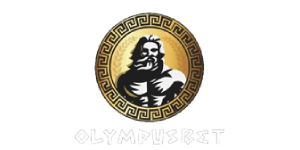The origin of horse racing comes from the domestication of the horse five or six thousand years ago. The Hittites of Turkish Anatolia are known to have engaged in mad racing as early as 1400 BC. c.
In fact, in 1274 A.C., they faced the fearsome army of Ramses II. The Hittites based all their forces on the superiority of their chariots over the Egyptian infantry.
Those horses, a little larger than a pony, began to be used massively by chariots after the invention of spoked wheels.
In the same way, the history of Egypt shows us how horses were used above all to pull the fast war chariots, since the donkey was the preferred beast of burden.
Probably the first great famous horse is Pegasus, the horse of the gods in Greek mythology, but there are many more famous horses from Antiquity:
- Xanthos, the mount of Achilles.
- Bucephalus, by Alexander the Great.
- Strategos, the horse of the Carthaginian general Hannibal.
- Genitor, Julius Caesar ‘s horse.
- Incitatus or Impetuous, Caligula ‘s horse.
- Lazlos , Muhammad’s first horse.
In classical Rome chariot races were organized in circuses, they were fast horses pulling chariots. The Romans bequeathed us the word hippodrome, which has persisted to this day. The hippodrome is the place where horse races are held today. In the year 1174, King Charles II of England organized the first horse races in Europe. Let us remember that this king also organized the first boxing match. Without a doubt, he was a sports lover. With the thirty royal mares of the Arabian breed of Charles II of England, they gave rise to the three great ones: Matchem, Herod and Eclipse, the eastern triumvirate from which all thoroughbreds descend.






















